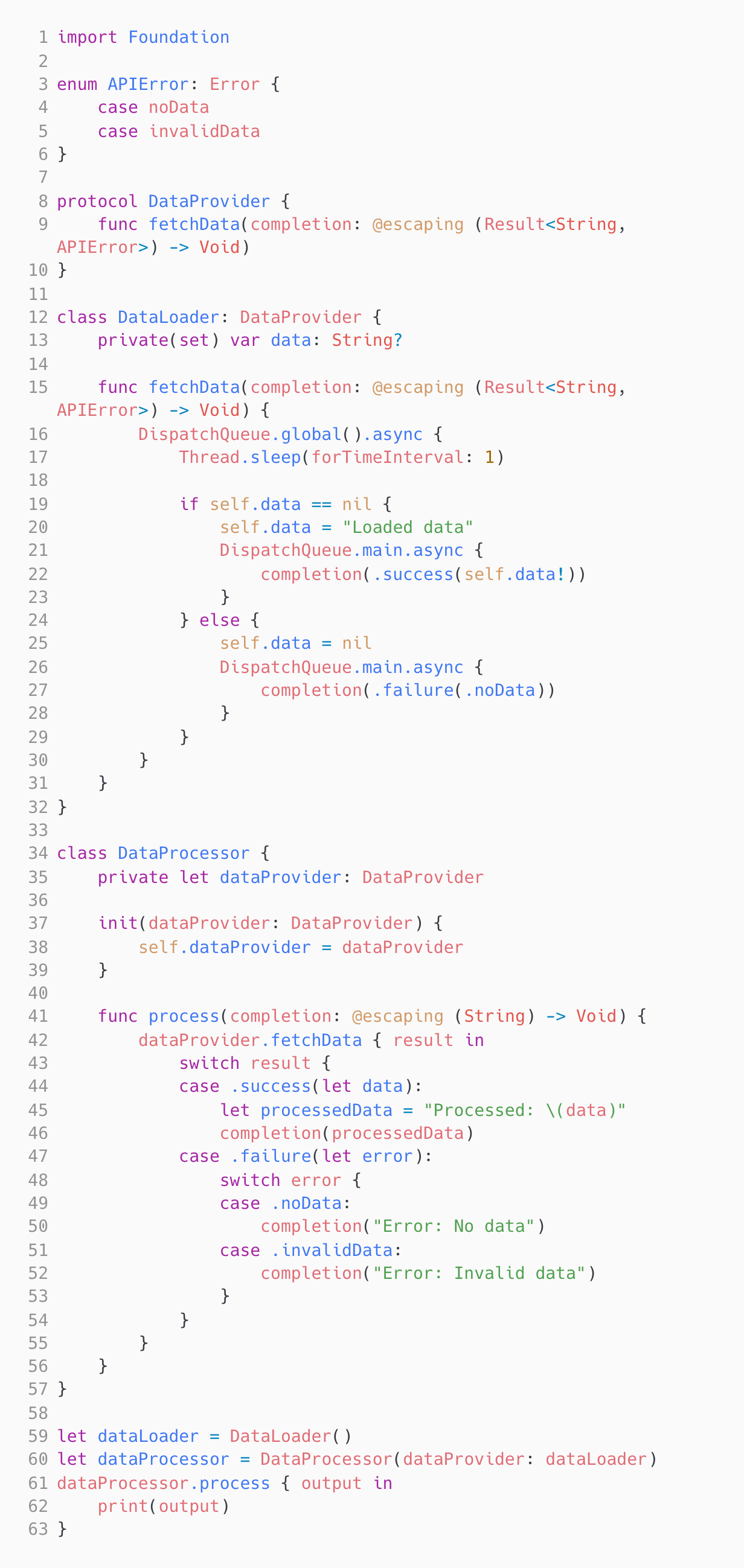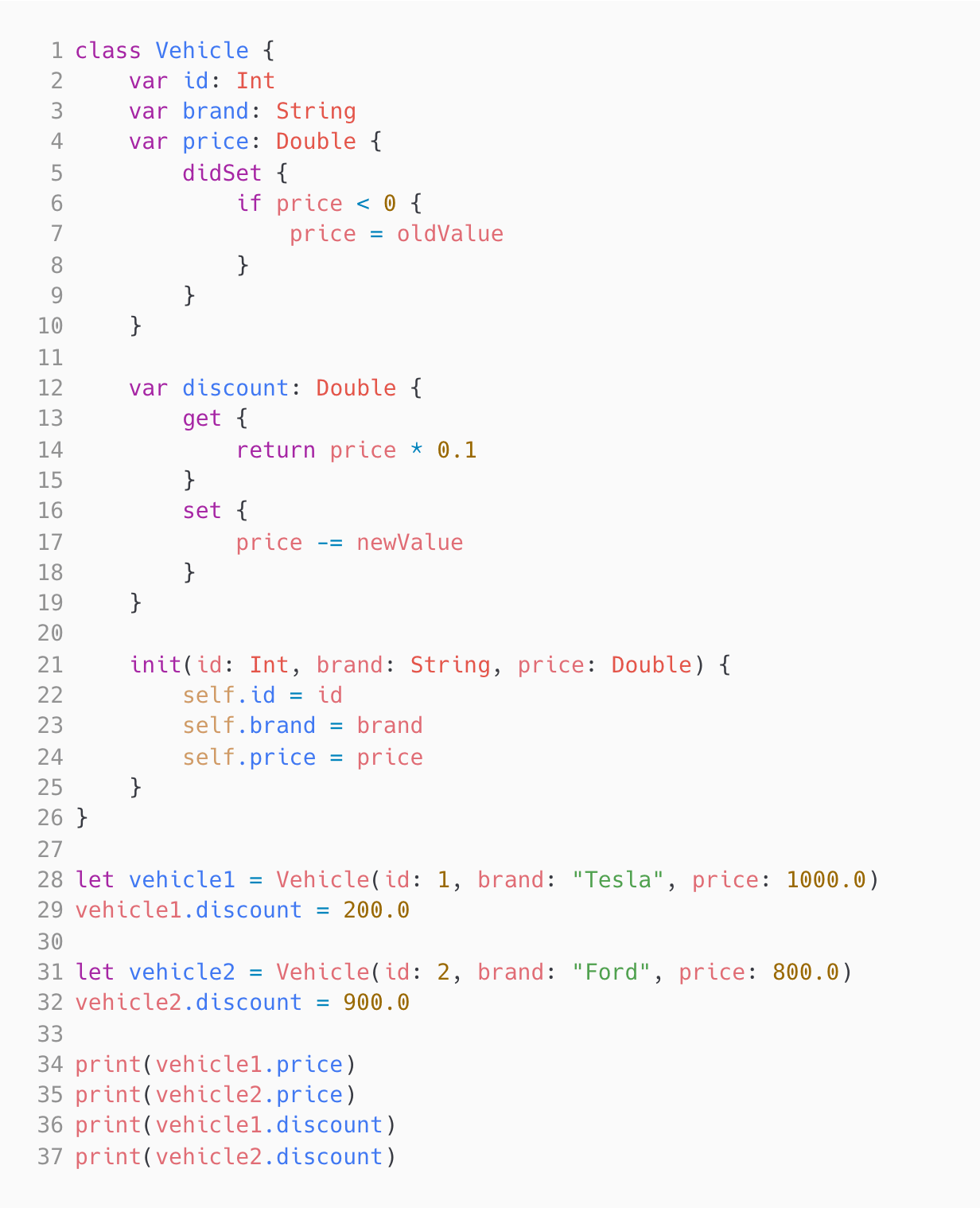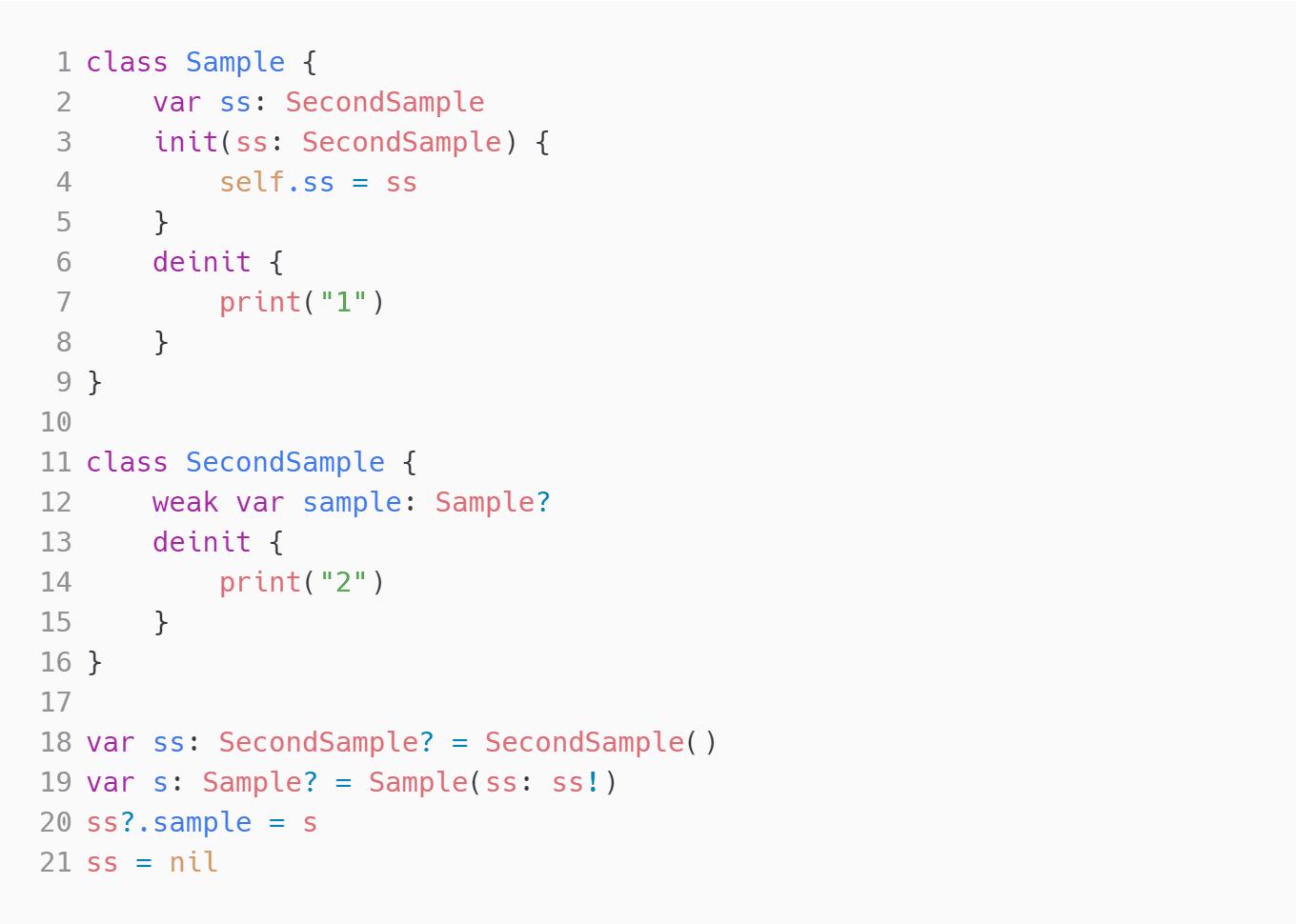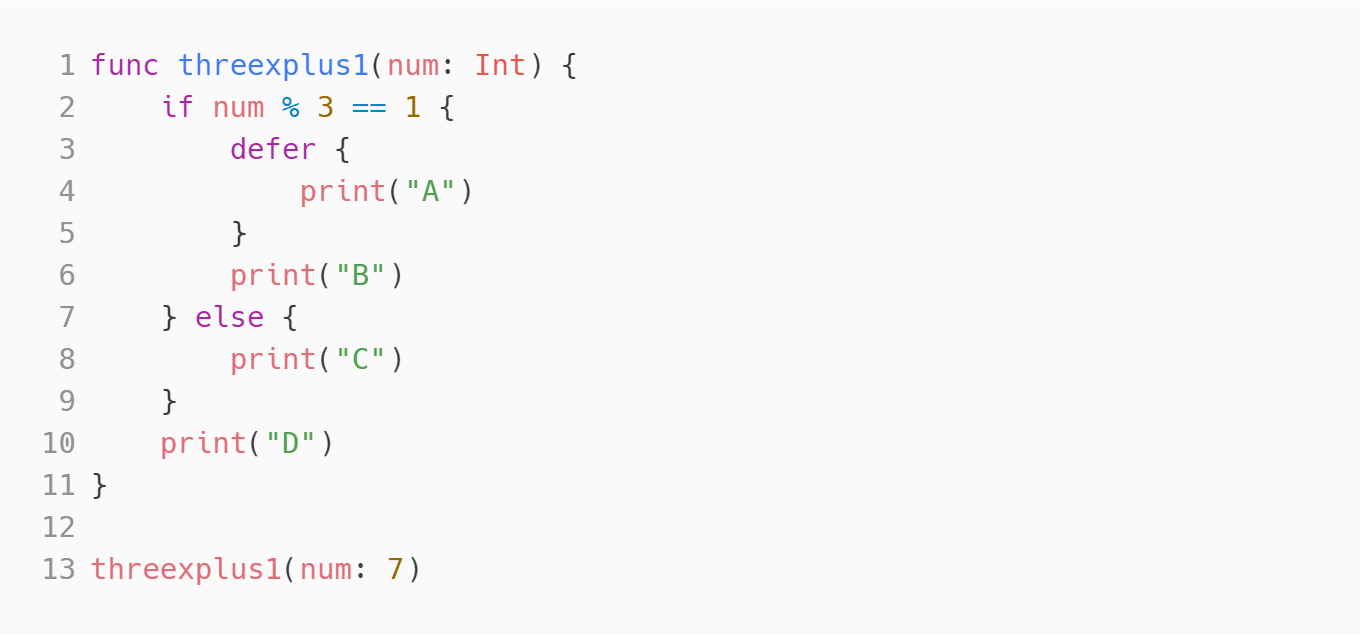Basic Syntax and Control Structures: This skill covers fundamental Swift language elements, including variables, constants, operators, and control flow statements. Mastery of these basics is essential for writing clean, efficient code. It forms the foundation for more complex programming concepts.
Functions: Functions in Swift are building blocks for organizing code into reusable, modular units. They can accept parameters, return values, and support advanced features like variadic parameters and inout arguments. Proficiency in function usage is crucial for writing maintainable and scalable code.
Arrays and Collections: Swift offers powerful collection types like arrays, sets, and dictionaries. Understanding these data structures is vital for efficiently storing and manipulating groups of values. This skill assesses the ability to choose and utilize appropriate collection types for various programming scenarios.
Strings and Characters: String manipulation is a common task in many programming contexts. Swift provides robust string handling capabilities, including Unicode support and powerful string interpolation. This skill evaluates the ability to work with text data effectively.
Optionals: Optionals are a core Swift feature for handling the absence of a value. They enhance type safety and help prevent runtime errors. Proficiency in using optionals, including optional binding and optional chaining, is crucial for writing safe and expressive Swift code.
Error Handling: Swift's error handling mechanism allows for graceful management of runtime errors. This skill covers throwing, catching, and propagating errors using do-try-catch blocks. Effective error handling is essential for creating robust and reliable applications.
Closures: Closures are self-contained blocks of functionality that can be passed around and used in code. They are extensively used in Swift for callbacks, higher-order functions, and asynchronous programming. Understanding closures is key to writing concise and expressive Swift code.
Structures and Classes: Structures and classes are fundamental building blocks for creating custom types in Swift. This skill assesses the understanding of when to use each, their differences, and how to implement properties and methods. Proper use of these constructs is crucial for designing efficient and maintainable Swift applications.
Enumerations: Enumerations in Swift are first-class types with a rich set of features. They can have associated values, raw values, and even methods. This skill evaluates the ability to use enumerations effectively for modeling finite sets of related values and implementing type-safe code.
Protocols: Protocols define a blueprint of methods, properties, and other requirements that suit a particular task or piece of functionality. They are fundamental to Swift's protocol-oriented programming paradigm. This skill assesses the ability to define, adopt, and use protocols for creating flexible and modular code.
Algorithm Complexity: Understanding algorithm complexity is crucial for writing efficient code, especially when dealing with large datasets. This skill evaluates the ability to analyze and optimize algorithms in terms of time and space complexity. It's essential for creating scalable solutions and making informed decisions about algorithm selection.
Recursion: Recursion is a powerful technique where a function calls itself to solve a problem. It's particularly useful for tasks that have a naturally recursive structure. This skill assesses the ability to identify problems suitable for recursive solutions and implement them effectively in Swift.

























































